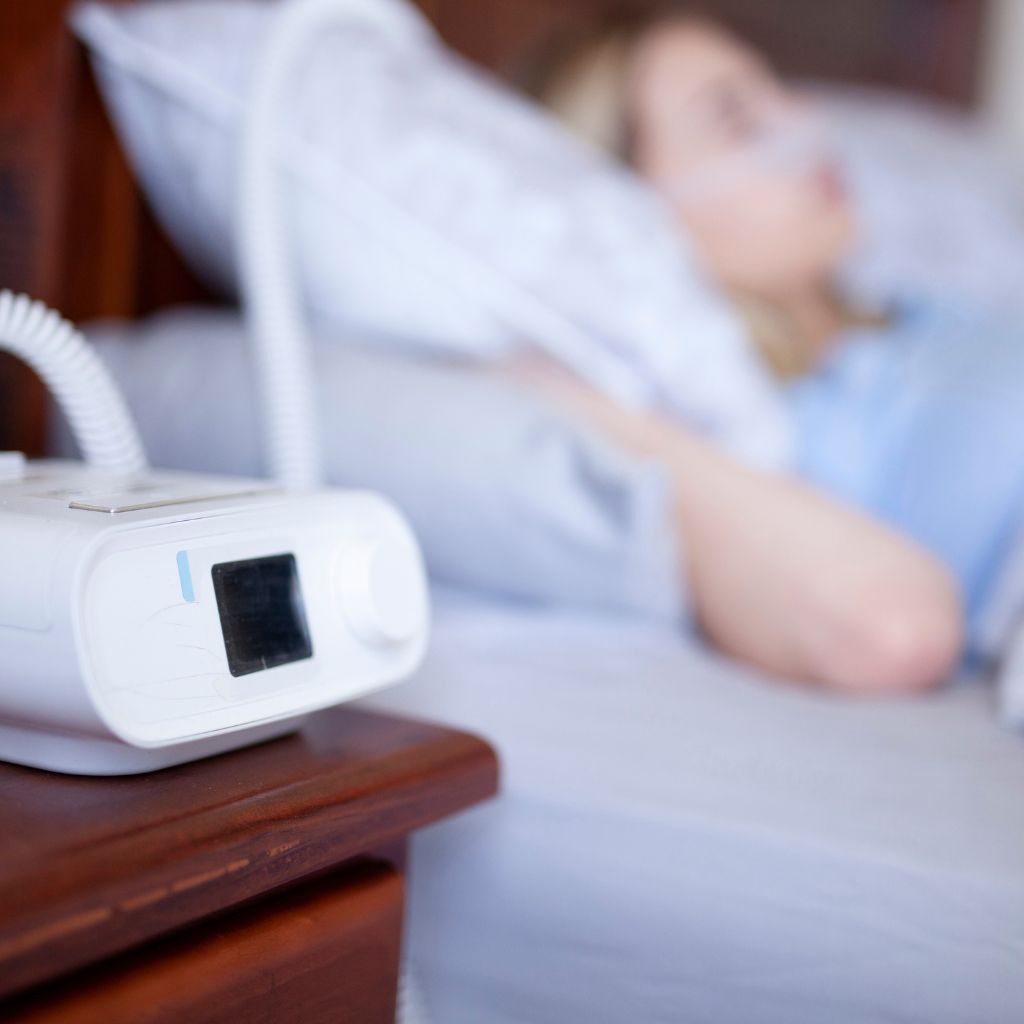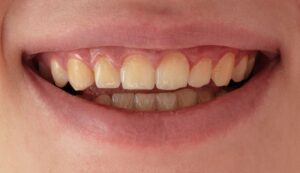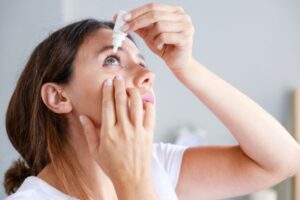
If you use a CPAP machine, you might wonder: is it illegal to change CPAP pressure? The simple answer is no, it’s not illegal, but that doesn’t mean it’s always safe or smart to do it on your own. CPAP (Continuous Positive Airway Pressure) machines are medical devices used to treat sleep apnea. They help you breathe better while sleeping by pushing air into your lungs at a set pressure.
That pressure is not random. It’s chosen by your doctor or sleep specialist after a sleep study. Messing with it without knowing what you’re doing can lead to health problems and ineffective treatment. So while it’s not a crime to adjust it, there are better and safer ways to handle it.
In this blog, you’ll learn why pressure settings matter, who should adjust them, and what could happen if you change it yourself.
What Does CPAP Pressure Do?
A CPAP machine delivers a constant flow of air into your nose or mouth while you sleep. This airflow keeps your airways open and helps you avoid pauses in breathing (apneas).
The pressure setting is key. It’s like the strength of the air being pushed into your airway. Too low, and it won’t keep your airway open. Too high, and it can be uncomfortable or cause side effects like dry mouth, gas, or even trouble breathing out.
In short, the right pressure keeps you healthy and helps you sleep better.
Who Sets the CPAP Pressure?
After a sleep study, your doctor or a sleep specialist reviews the results. Based on your apneas, body weight, and other health issues, they prescribe a pressure setting that works best for you.
Most CPAP machines are programmed by a durable medical equipment (DME) provider, who gives you the machine with the settings already in place. Sometimes these machines are locked, so you can’t change the settings without special software or a code.
Is It Illegal to Change CPAP Pressure on Your Own?
Let’s revisit the big question again:
Is it illegal to change CPAP pressure?
In countries like the United States, it’s not illegal for a patient to change their CPAP pressure at home. You won’t get arrested, and it’s not considered a criminal act. But that doesn’t mean it’s recommended.
Here’s what could happen if you change the settings without medical advice:
- Your therapy may become less effective
- You might develop new symptoms
- You may void your machine’s warranty
- Your doctor won’t be able to monitor your progress correctly
So while the answer to “Is it illegal to change CPAP pressure?” is no, the better question is, “Is it smart to do it without help?” Usually, it’s not.
Risks of Changing CPAP Pressure Without Medical Advice
Changing your CPAP pressure on your own may seem harmless, but there are real health risks involved:
1. Health Problems
Wrong pressure settings can lead to dry mouth, bloating, discomfort, or even worse sleep than before. It might make your sleep apnea worse instead of better.
2. Missed Diagnosis
Doctors often check how your body responds to pressure settings over time. If you change them yourself, your doctor might not see the full picture and could miss signs of bigger health problems.
3. Warranty Issues
Some machines are “locked” by your provider. If you try to change the settings and damage the machine or software, it could void the warranty, and you’ll have to pay out of pocket.
4. Legal Concerns (Rare but Possible)
Although it’s not illegal, if someone changes a CPAP setting for another person and it causes harm, there could be legal consequences. That’s rare but still worth knowing.
When Can You Ask for a Pressure Change?
Sometimes, your original pressure setting no longer works for you. This can happen if:
- You lose or gain weight
- Your symptoms change
- You feel uncomfortable using the machine
- You experience more apneas again
In these cases, talking to your doctors is a good idea. They may recommend a new sleep study or simply adjust your machine based on your feedback.
You should never feel stuck with your current setting. Help is available and safer when you go through the proper steps.
Can You Change the Pressure with Your Doctor’s Approval?
Yes, absolutely. And this is the right way to do it.
In fact, many modern CPAP machines come with remote access features. That means your provider can change your settings without you bringing the machine into the office. Others might allow manual changes, but only after your doctor gives you the exact numbers.
If you ever feel that your current setting isn’t working, call your provider. They will help you get the best result with no risks.
FAQ
Can I change my CPAP pressure?
Technically, yes, most CPAP machines allow users to change the pressure settings. However, it’s not recommended to do this without talking to your doctor first. Your pressure is set based on your sleep study results, and changing it on your own might reduce the effectiveness of your therapy or cause side effects. It’s always safer to ask your sleep specialist before making any changes.
What happens if you use CPAP with the wrong pressure?
Using the wrong CPAP pressure can lead to discomfort, like bloating, gas, and dry mouth. It can also cause ineffective treatment, worsening sleep apnea. In some cases, it may lead to eye irritation if air leaks from the mask.
What is the 4-hour rule for CPAP?
The 4-hour rule refers to the recommendation that CPAP therapy should be used for at least 4 hours per night to be effective. Consistently using the machine for less than 4 hours may not provide enough benefit for managing sleep apnea. Many doctors suggest this minimum to ensure proper treatment and improved sleep quality.
What conditions are CPAP used for?
CPAP is primarily used to treat obstructive sleep apnea (OSA), a condition where breathing stops and starts during sleep. It’s also used for conditions like central sleep apnea and complex sleep apnea. In some cases, CPAP can help with other respiratory issues that affect sleep quality.
What happens if CPAP pressure is set too high?
If CPAP pressure is set too high, it can cause discomfort, including dry mouth, bloating, and difficulty exhaling. It may also lead to air leaks around the mask, eye irritation, or sinus pressure. In some cases, it can make it harder to fall asleep or cause restless sleep.
How do I know if my CPAP pressure is correct?
If you feel well-rested and your sleep apnea symptoms improve, your pressure is likely correct. If you’re still snoring or tired, it may need adjusting. Consult your doctor for confirmation and adjustments.
Is CPAP Rainout Dangerous?
CPAP rainout is generally not dangerous, but it can be uncomfortable. It happens when the humidified air condenses in the tube, causing water to drip into your mask. While it doesn’t usually harm you, it can irritate your airways, disrupt sleep, and lead to mold or bacteria growth if not addressed.


